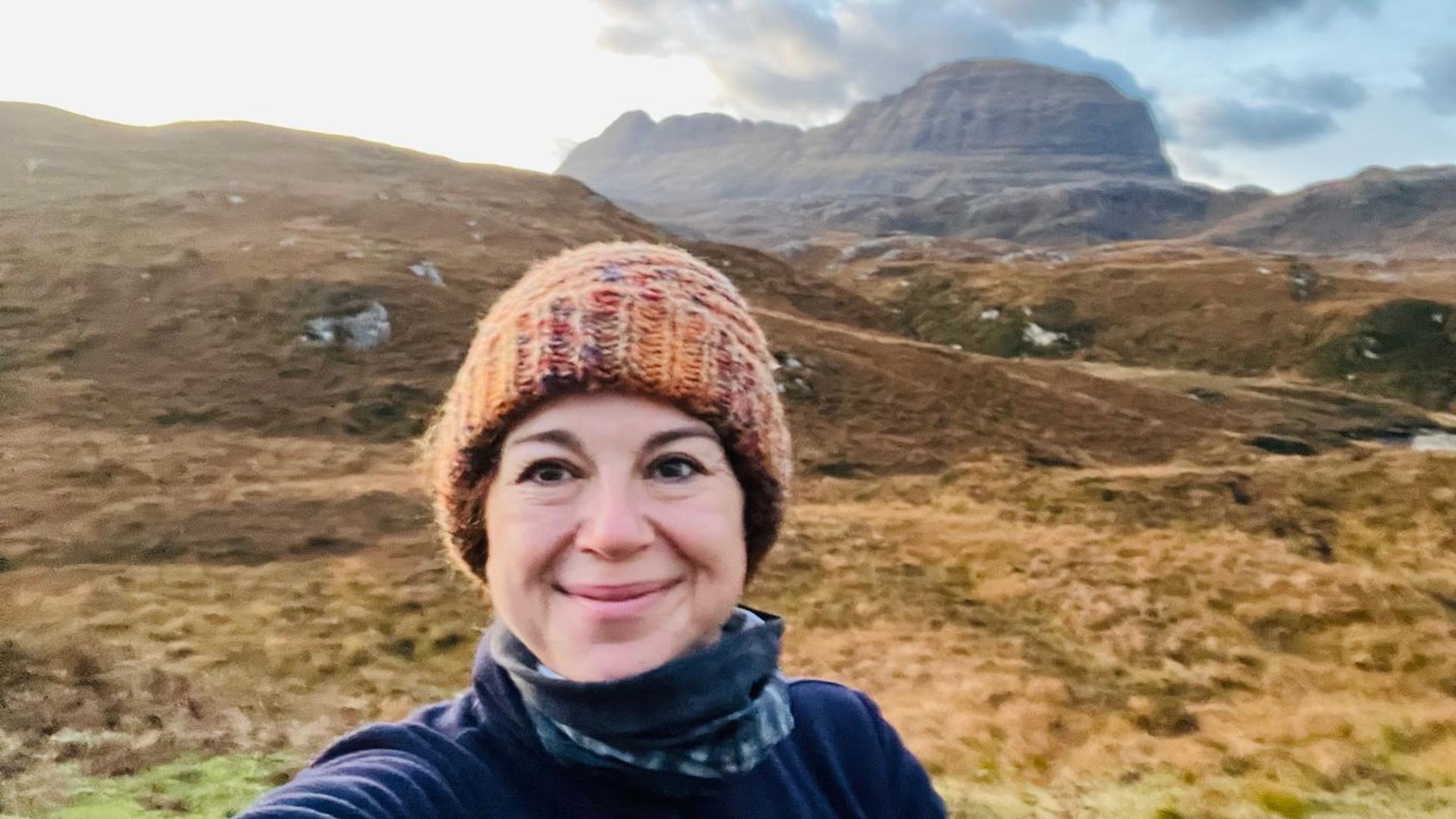
STOCKHOLM, Maine — Despite steadily losing population for decades, Stockholm has become home to several families who moved from other parts of the country in search of a simpler life and stronger community connections.
Out-of-state homebuyers moving to Maine’s most rural county is still a fairly new trend. The number of properties sold in Aroostook County increased during the pandemic by 34 percent, which led to a 37 percent decrease in homes on the market.
That has been a welcome change for a county that has experienced large-scale population decline since the 1960s, even in more populous cities and towns like Presque Isle, Caribou and Houlton.
But few towns can say that they started seeing an influx of families even before the COVID-19 pandemic. For those who have settled in Stockholm, which had only 250 people as of 2020, the town’s plentiful farmland, low crime rate and lack of commercial development were enough reasons to abandon more congested areas of the United States.
Stockholm, located nearly 20 miles north of Caribou, was the second Swedish colony to emerge in Aroostook after immigrants came from Sweden in the late 1800s.
The town’s biggest population boom occurred in the 1920s when lumber and veneer mills and a clothespin factory employed 330 people. The town’s population grew to 1,300 during that time, largely thanks to the migration of French and English families.
The Great Depression closed the mills and clothespin factory, which meant that remaining families focused on farming to sustain themselves. But families have been leaving the area quickly ever since. U.S. Census Bureau data shows that Stockholm’s population fell from more than 600 in 1950 to 286 by 1990.
While families of past eras left the little town to find work, people like Rob and Abigail Barnet found themselves attracted to Stockholm because of the area’s focus on community instead of economic growth.

After their oldest daughters — Ida, 9, and Lena, 8 — were born, the Barnets lived in a region of Oregon around 40 miles from Portland, the state’s largest city. As people migrated from Portland and more expensive housing and commercial developments popped up, the couple realized that the rural lifestyle they desired was becoming harder to achieve.
“For every farm family who passed away, the kids would sell the place and the area became more suburban,” Rob Barnet said. “We wanted the opposite of that. We wanted a piece of land we could grow and sustain ourselves as a single-income family.”
The Barnets originally moved to a 10-acre farm in Woodland, 12 miles south of Stockholm, in 2015. Two years later, they purchased a 50-acre property, which includes the farmhouse they now call home in Stockholm.
The Barnets have welcomed two more daughters – 2-year-old Nora and 2-month-old Margaret — since their move. They raise chickens, pigs, cows and bees and have begun growing garlic and potatoes.
Abigail Barnet homeschools the girls and helps organize lessons and field trips with other moms who also teach their children at home. Rob Barnet, who previously worked in school facilities maintenance, earns income through farming, cutting wood for neighbors and helping with home renovations.
The Barnets are not surprised to have met at least 20 new families in the five years they’ve lived in Stockholm, all of whom are also from other states.
“We’ve come here for a lot of the same reasons. It’s an affordable place to raise a family. It’s safe and serene,” Rob Barnet said. “[Abigail and I] wanted a place that we can pass down to our kids and give them a fair start.”
For the Barnets’ next-door neighbors, Letty Frakes and Jack Anglin, Stockholm has been a welcome change of pace from Eureka, California, a city whose population is more than 26,000.


At left: Jack Anglin and Letty Frakes stand in front of their Stockholm barn with adopted son Braden Frakes, 15; at right: Braden Frakes, 15, holds Red, one of 50 chickens that he and his parents are raising on their Stockholm farm. Credit: Melissa Lizotte / The Aroostook Republican
Frakes and Anglin, who have been together seven years, started looking for a new home five years ago and knew that they wanted a more rural environment. Once they settled on Maine, the couple looked at 18 houses in four days in places like Bar Harbor, Bangor and Houlton before choosing Stockholm.
One major reason they left Eureka: the city’s rising crime rate.
“I’ve heard people say that Maine has more crime now, but clearly they’ve never lived in a big city,” Frakes said. “[In Eureka] you couldn’t leave your car unlocked because it would get ransacked. People would shatter car windows just to steal stuff. But here, people keep their car doors unlocked.”
Frakes, Anglin and their adopted son Braden Frakes, 15, finished moving into their 6-acre farm last spring. Frakes works at the Caribou office of Fedcap, an employment agency. She and Anglin have been fixing up the barn to raise their 50 chickens, nine cats, six goats, three dogs and two pigs.
Not having a coffee shop and various stores around the corner has been a slight adjustment, but Frakes and Anglin said the benefits of living in Stockholm outweigh the conveniences of urban life.
“In a weird way, it’s like going back to the 1950s. Kids play outside and they’re not addicted to phones. We spend time together as a family more than we did in California,” Anglin said.
Family togetherness and community are also reasons why Stockholm native Lena Lowry and her husband Jim, a native of Texas, wanted to raise their children — Sam, 8, and Faith, 5 — in the northern Maine town.

Lena Lowry lived in Stockholm until she was 12 years old, when her family moved to Dallas so her father could attend seminary school. A former special education ed tech, she married Jim Lowry in 2009. The couple first lived in Texas, and in the United Arab Emirates for five years while he taught science and they started their family.
The Lowrys were never quite sure if they would move to Lena’s hometown. But in 2018, after Jim landed a job teaching social studies at Caribou High School and Lena’s parents returned to Stockholm, the couple could feel everything falling into place.
The Lowrys live in the same house where Lena’s father grew up and hope to one day occupy the homestead where her Swedish great-grandparents settled in 1884. Lena’s parents live there now.


At left: Jim and Lena Lowry talk about their reasons for moving to Lena’s hometown of Stockholm while visiting her family’s original homestead; at right: Lena Lowry helps her daughter Faith, 5, pick apples at their family’s original homestead in Stockholm. Credit: Melissa Lizotte / Aroostook Republican
Though Lena and Jim Lowry already had family connections to Stockholm, the years they spent in more urban regions gave them the same longing for simple rural living that has drawn many other families to town.
“Honestly, I feel closer to my roots in rural Maine than I do in Texas,” Jim Lowry said. “There’s this sense of rugged individualism and integrity that just isn’t the same [in Texas].”
In fact, Lena Lowry said, most of the young families she and Jim have met have been others from across the United States who feel the same way.
“It’s neat that so many people from all over find this town to be a true gem,” Lena Lowry said.











